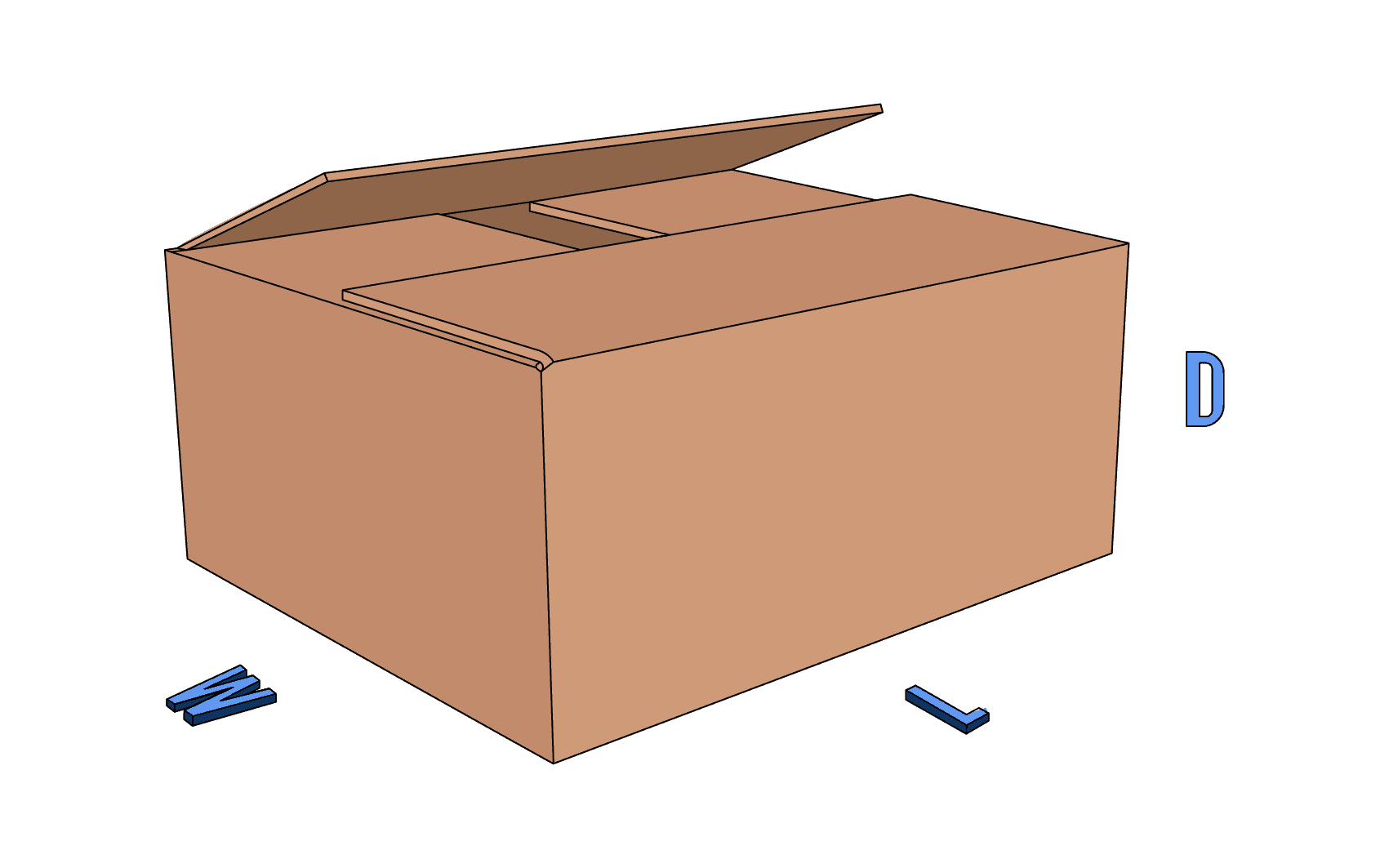Depression: Signs of Your Medications Aren’t Working
Many people find that knowing the best treatment for depression is a process of experimentation. One person may experience positive results from taking an antidepressant, while another person may not see any improvement. Currently, there is no way for experts to determine who will respond well to a certain antidepressant. Some may begin to feel improvement while taking an antidepressant, but the side effects may become intolerable and prevent continued use.
Antidepressants are largely linked to treating depression, but they are also commonly used to treat other mental health conditions. Healthcare providers may prescribe them for the treatment of anxiety disorders, chronic pain, eating disorders, and even specific types of addiction. Antidepressants work by raising the levels of specific neurotransmitters in the brain and body, including neurotransmitters that play a role in regulating mood, thoughts, and emotions.
Common Signs that Your Antidepressants Are Not Working
To increase the likelihood of finding an effective antidepressant medication, it is important to look for signs that your current medication is not working effectively or has lost its effectiveness.
You still feel depressed after taking the medication for several months.
It typically takes a few weeks for antidepressants to work. You may observe changes in your sleep or appetite before noticing any improvement in your mood. If, after using the medication for 2 months or longer, you have not seen any changes, this could indicate that the antidepressant is not effective for you or that a change in the dosage is necessary. Consult with your healthcare provider before making any changes to your medication, as they may switch you to a different type of antidepressant or adjust your dosage to achieve better results.
You feel better immediately, but it does not last.
Experts believed that the changes in neurotransmitters such as serotonin, dopamine, and norepinephrine in the brain played a role in the effectiveness of antidepressants. These changes typically take several weeks to occur, with the maximum effect being achieved between 6 and 8 weeks. Therefore, if you feel an immediate difference after starting an antidepressant, it may just be a placebo effect. In some cases, the placebo effect may fade, and the actual effect of the medication takes over. In other instances, the placebo effect may simply wear off, and the intended effects of the antidepressant are never experienced. In this second scenario, it’s not that the medication stopped working, but that it didn’t work beyond the placebo effect to begin with.
You cannot sleep well.
Some antidepressants can lead to sleep problems like difficulty falling asleep, staying asleep, or waking up at a regular time. Some may also affect the quality of sleep, leading to feeling less rested. If a particular antidepressant improves your depression or anxiety symptoms but causes sleep issues, it may not be the most suitable option for you. Sleep difficulties are often a symptom of depression and many anxiety disorders, and the cause may not always be the medication.
You have other unpleasant side effects.
Negative side effects of antidepressants can include not just sexual dysfunction, insomnia, and somnolence, but also other problems such as nausea, sweating, dry mouth, weight changes, and flu-like symptoms. If these side effects are severe or persistent, it may indicate that the antidepressant is not the best option for you. It is important to discuss any side effects you experience with your healthcare provider.
You skip a dose or several doses.
If you have trouble sticking to a daily regimen of taking your antidepressant, it may not be the best choice for you. Regular use is essential for these medications to work effectively, so if you forget to take them often or have to skip doses due to side effects or interactions, it may not be the best option. In such cases, it’s advisable to consult with your healthcare provider and find a medication that you can take consistently.
Your mood does not improve.
Sometimes, while taking an antidepressant, you may see improvement in your physical symptoms, such as appetite, sleep, and concentration, before experiencing any change in your mood. This is a normal occurrence in the initial stages of taking the medication. If, however, you’ve been using the antidepressant for several months and have not noticed any improvement in your mood, it is advisable to inform your healthcare provider.
You experience serotonin syndrome.
While antidepressants aim to improve your mood, they can sometimes interact with other drugs or foods and cause a condition called serotonin syndrome, which results from an excessive amount of serotonin in the body. To identify this issue, one should look out for symptoms such as fever, body aches, shakes, fatigue, agitation, restlessness, confusion, headache, dizziness, difficulty with mobility, muscle twitching, tension, or jaw clenching. This condition can occur shortly after starting an antidepressant or increasing the dose.
Your depression gets worse.
If you notice an increase in your depression symptoms immediately after starting to take an antidepressant, or if your symptoms improve and then suddenly worsen, it may indicate that the medication is not having the desired effect. If you experience symptoms such as agitation, restlessness, fidgeting, wringing of the hands, or a general feeling of being out of control, it is crucial to seek medical attention right away.
You are always tired and sleepy.
If an antidepressant causes you to feel excessively sleepy, it can be both a nuisance and a threat to your safety, particularly if you work in hazardous conditions or need to operate vehicles after taking the medication. If you experience fatigue, drowsiness, or a lack of focus after taking an antidepressant, it may indicate that a different medication would be more suitable for you.
You feel better, but you still have other symptoms.
Although depression is often associated with feelings of sadness and emptiness, it actually manifests in various forms and symptoms. Symptoms of depression can include irritability, decreased interest in hobbies, slow physical and verbal movements, difficulty with focus and memory, and changes in weight. If you notice improvement in your mood after starting treatment with an antidepressant but still experience lingering depression or anxiety symptoms, it may indicate that the medication may not be fully effective for you or that a dosage adjustment may be necessary.
If the antidepressant you are taking is not helping you manage your depression, do not lose hope. It is possible that a different antidepressant may be a better fit for you. Consider consulting with a mental health specialist to find a more suitable medication. Be aware of any concerning symptoms while taking an antidepressant.
If you are struggling with depression and in need of therapy, you may consult our specialists to find the best therapy for you. Visit Mindshift Psychological Services to learn more about our treatment programs for depression. You may contact us at (714) 584-9700 to schedule an appointment.











